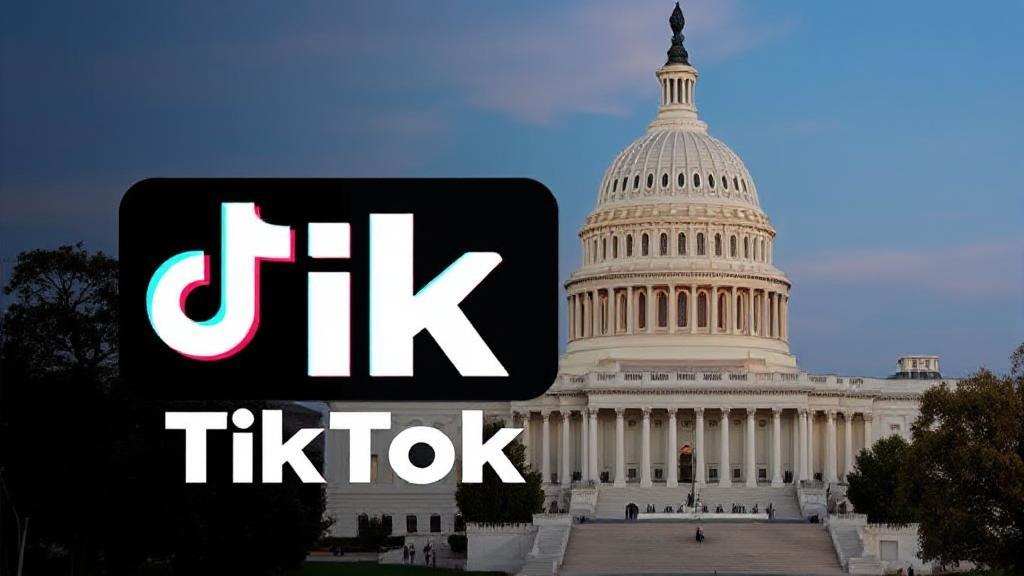Background
TikTok, owned by Chinese company ByteDance, has become a cultural phenomenon, captivating millions of users worldwide with its short-form video content. With over 100 million active users in the US alone, the app has faced intense scrutiny from US lawmakers and officials who argue that it could pose a national security threat, particularly due to concerns that TikTok could be compelled to share user data with the Chinese government.
Legislative and Executive Actions
Federal Level
The RESTRICT Act, introduced in March 2023, represents the most significant legislative effort to potentially ban TikTok. This bipartisan bill would give the Commerce Department broad authority to review and potentially ban technologies from foreign adversaries.
State Level
Several states have taken decisive action:
- Montana became the first state to pass a complete TikTok ban
- More than 30 states have banned the app on government devices
- Various public universities have blocked TikTok on campus networks
Previous Attempts
In August 2020, then-President Donald Trump issued an executive order to ban TikTok unless it was sold to a US-based company. However, federal judges blocked these efforts, citing First Amendment concerns. With the change in administration, President Biden paused the legal proceedings and ordered a review of security risks posed by foreign-owned apps.
Security Concerns
Data Privacy
Critics highlight several key risks:
- Potential access to user data by Chinese authorities
- Collection of biometric information
- Location tracking capabilities
- Browser history monitoring
National Security
The FBI Director Christopher Wray has expressed concerns about:
- Chinese government's ability to control content algorithms
- Potential for influence operations
- Risk of data collection for espionage purposes
Mitigation Efforts
TikTok has invested $1.5 billion in "Project Texas," which aims to address security concerns by:
| Measure | Description |
|---|---|
| Data Storage | Storing all U.S. user data on Oracle servers domestically |
| Access Control | Implementing strict access controls |
| Oversight | Creating an independent oversight board |
| Transparency | Establishing transparent content moderation policies |
Economic Impact
A potential ban would have significant implications:
- Content creators would lose income streams
- Advertisers would need to restructure marketing strategies
- ByteDance would face billions in revenue loss
- Job losses in the US content creation sector
International Precedent
Other countries have taken various approaches:
- India implemented a complete ban in 2020
- European Union restricted use on official devices
- UK banned the app on government phones
Current Status and Future Outlook
As of now, TikTok is not banned in the US, and the app remains available for download and use. However, the situation remains fluid, with several possible outcomes:
- Complete ban through federal legislation
- Forced sale to U.S. company
- Continued operation under enhanced oversight
- Status quo with additional regulations
For the latest developments, users can follow updates from the U.S. Commerce Department, TikTok's Newsroom, and reputable news sources like The New York Times.
"Any ban would need to navigate complex First Amendment issues while demonstrating a clear national security threat" - Constitutional law experts
The information provided is subject to change as new developments occur in this evolving situation.
